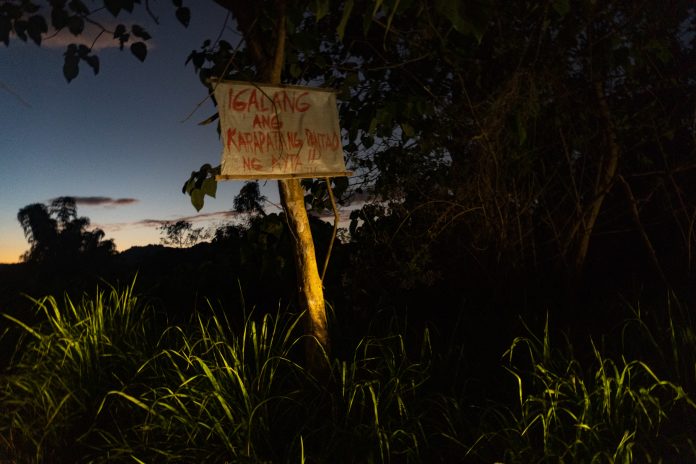The National Council of Churches in the Philippines (NCCP) underscored this week the need to strengthen and widen movements that champion the protection of ancestral territories in the country.
The Protestant church group said it is a “Christian duty” and “the mission of the Church” to protect what they call as “the remaining lungs of the earth.”
Member Churches of the mainline Protestant council marked Indigenous Peoples Sunday on October 18 with a pledge to bring out “concrete actions” that promote the protection of ancestral domains.
Bishop Reuel Norman Marigza, NCCP secretary general, said ancestral territories in the Philippines “are the last remaining source” of clean air, food, and other raw materials.
He called on Christian Churches “to continue the collaboration” with various sectors and communities in seeking solutions to pressing issues concerning tribal lands.
“Many proposed and ongoing development projects, which are harmful to the environment and threaten biodiversity, are located in the ancestral domain,” said Bishop Marigza.
Tribal group Katribu reported that at least 230 of the 447 approved mining applications in the Philippines are in ancestral territories, encroaching into at least 542, 245 hectares of tribal lands.
Beverly Longid, spokesperson of the group, said tribal communities living in these mining-affected villages are often driven away from their natural habitat.
“Apart from the massive displacement of indigenous peoples due to the encroachment of the so-called development projects, biodiversity is destroyed,” she said.
Longid decried the expansion of agri-businesses and commercial plantations that disrupts the balance in food production and threatens food security.
Across the country, there are at least 130,000 hectares of ancestral lands that are occupied by local and foreign corporations for different kinds of mono-crop plantations.
In 2016, at least 500,000 hectares, or 12 percent of agricultural lands, in the five regions of Mindanao were covered with agricultural plantation crops primarily for the export market.
Major agricultural plantation crops include rubber, pineapple, banana, oil palm, cacao, and sugarcane.
Rubber plantations cover almost half (43.3 percent) of the area used for these agricultural plantations in the southern Philippines.
The People’s Coalition on Food Sovereignty said the domination of big corporations over ancestral lands contributes to the “increasing hunger incidents” in the Philippines.
In a statement, the NCCP urged churches to “mobilized its faith resources and produce Christian education materials that highlight the values of the indigenous peoples on justice, sustainability, and care for creation.”
It also called on religious institutions “to mobilized its economic and ecclesial resources” and “accompany the indigenous people in their return to their ancestral lands, and assist them through relief and rehabilitation.”
The Protestant council appealed to the Philippine government to “demilitarized indigenous peoples communities” and “mitigate the economic and social ill effects of the pandemic in their communities.”









